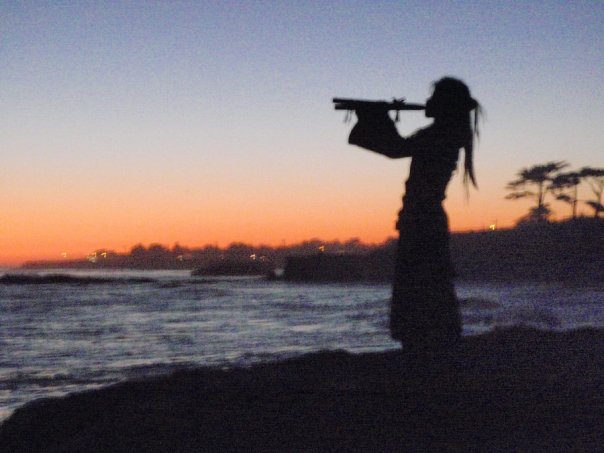...from Wild Human, adapted from Nature and the Human Soul by Bill Plotkin, phd Stand still. The trees ahead and bushes beside you Are not lost. Wherever you are is called Here, And you must treat it as a powerful stranger, Must ask permission to know it and be known. The forest breathes. Listen. It answers, I have made this place around you. If you leave it, you may come back again, saying Here. No two trees are the same to Raven. No two branches are the same to Wren. If what a tree or a bush does is lost on you, You are surely lost. Stand Still. The forest knows Where you are. You must let it find you. —“Lost” by David Wagoner
Wisdom traditions worldwide say there’s no greater blessing than to live the life of your soul, the source of your deepest personal fulfillment and of your greatest service to others. It’s what you were born for. It’s the locus of authentic personal power — not power over people and things, but rather the power of partnership with others, the power to cocrete life and to cooperate with an evolving universe.
Before you find your ultimate place, you are, in a sense, lost. You have a particular destiny but don’t know what it is. It’s like being lost in a forest, as in poet David Wagoner’s image (in his poem). You can begin or deepen your relationship to soul in the same way the poet advises you to commune with the forest. None of the nonhumans in the forest — or the world, more generally — are lost. Each one is precisely in its true place, and each one knows every place in the forest as a unique place. They are doing something you do not yet know how to do. You could apprentice yourself to them. The forest, the world, knows where you are and who you are. You must let it find you.
If you don’t yet have conscious knowledge of your soul, you haven’t yet learned the power of place — or the power of Here. To acquire this power, you must first get to know more thoroughly the place in life you already inhabit. This place consists of your relationships and roles in both society and nature. This is the place in which you are lost, in which you find yourself to be, and from which you can, eventually, find your self. You must treat this place you’re in as a “powerful stranger,” as Wagoner suggests, and educate yourself more fully about what it is to inhabit any place. To inhabit a particular place is to have the potential to do and observe the specific things that one can do and observe in that place. This knowledge about inhabiting a place will help you shift to other places in life (which is done by changing your relationships and roles) and to get to know what it’s like to inhabit those places. You’ll discover that some places feel more like your true place, closer to your ultimate place. By developing your sensitivity about place in this way, you can gradually move to your ultimate place. . . .
Your soul is your true home. In the moment you finally arrive in this psycho-ecological niche, you feel fully available and present to the world, unlost. This particular place is profoundly familiar to you, more so than any geographical location or any mere dwelling has ever been or could be. You know immediately that this is the source, the marrow, of your true belonging. This is the identity no one could ever take from you. Inhabiting this place does not depend on having anyone else’s permission or approval or presence. It does not require having a particular job — or any at all. You can be neither hired for it nor fired from it. Acting from this place aligns you with your surest personal powers (your soul powers), your powers of nurturing, transforming, creating; your powers of presence and wonder.
The first time you consciously inhabit your ultimate place and act from your soul is the first time you can say, “Here” and really know what it means. You’ve arrived, at last, at your own center. As long as you stay Here, everywhere you go, geographically or socially, feels like home. Every place becomes Here.


